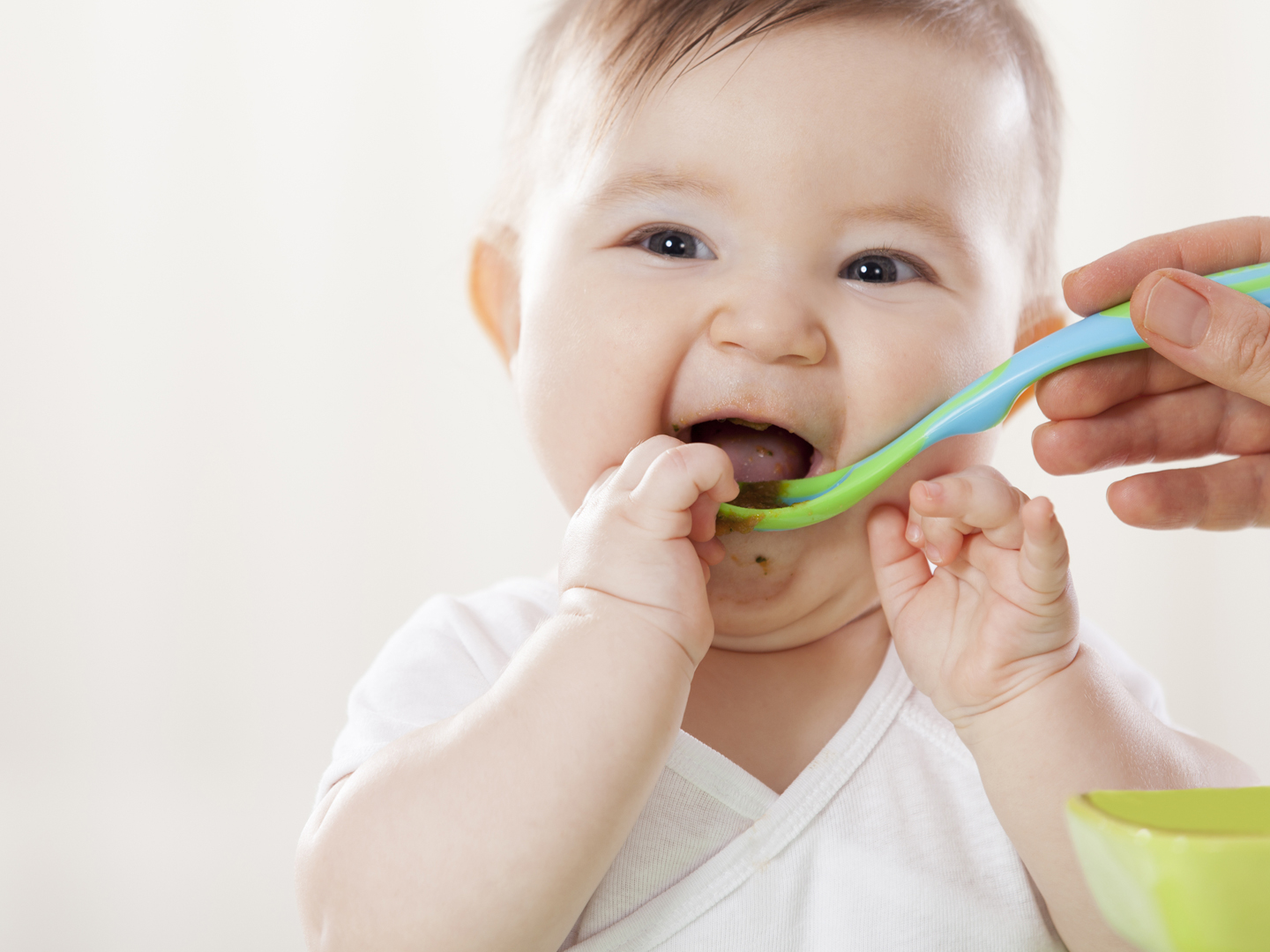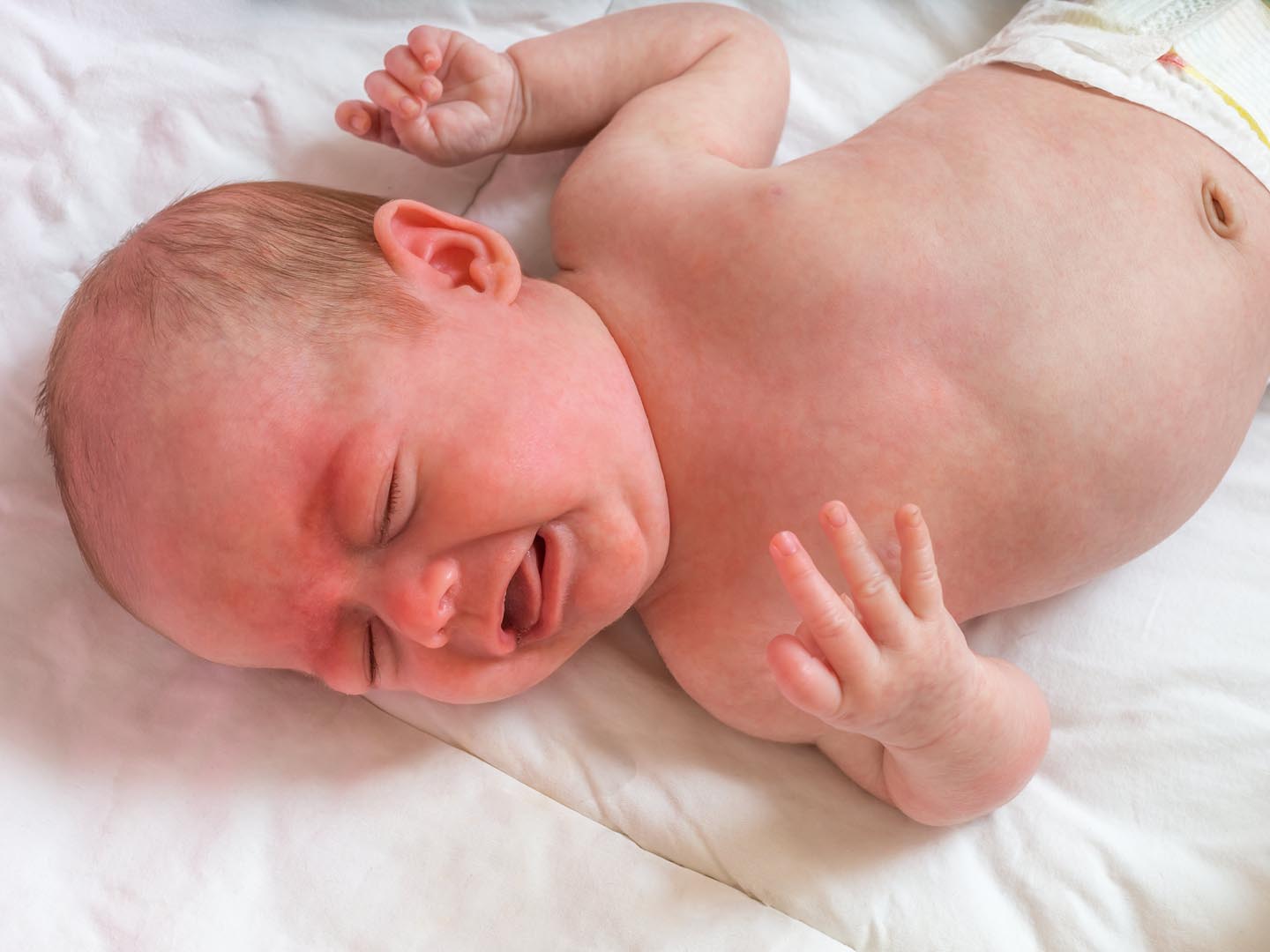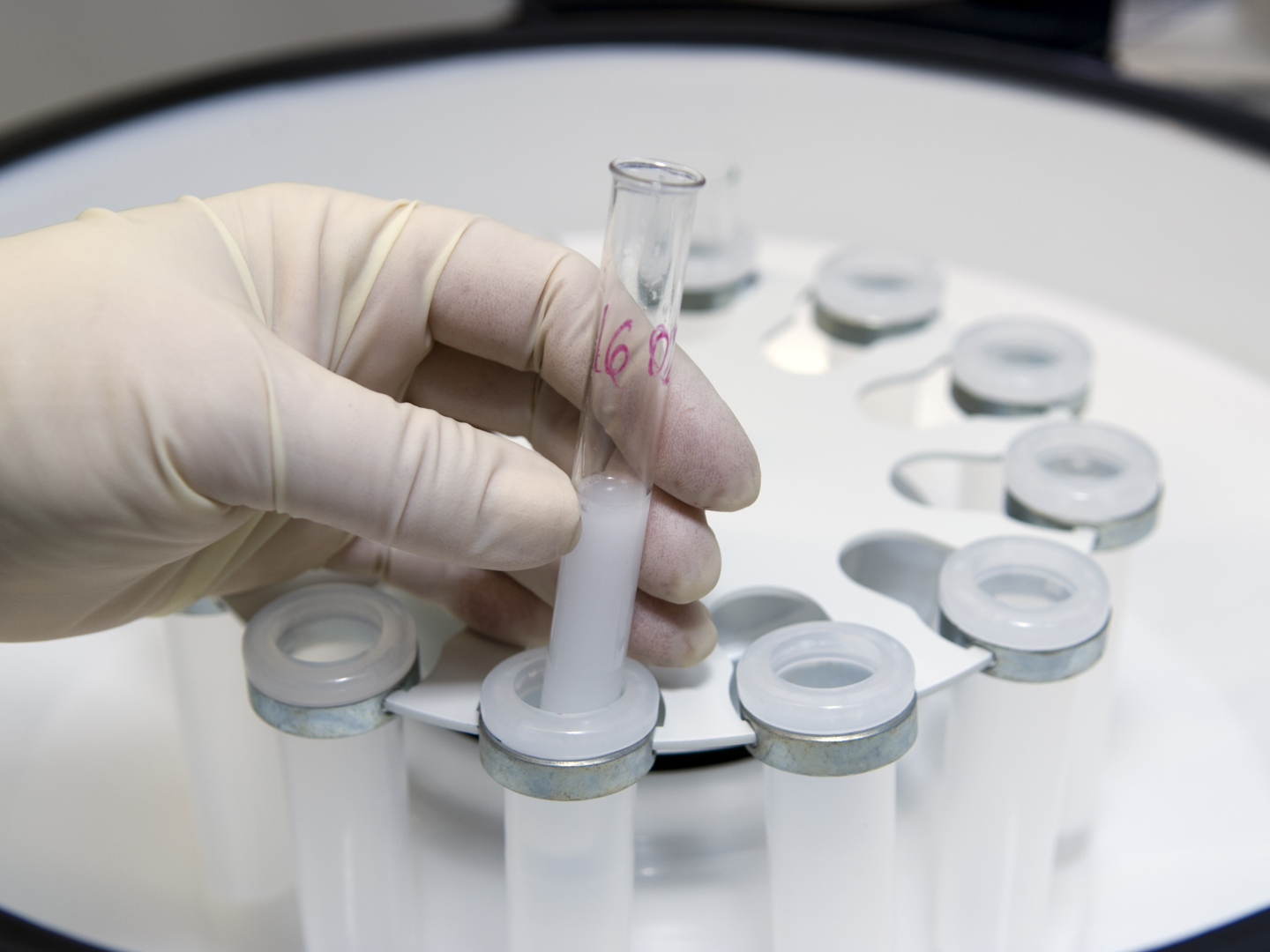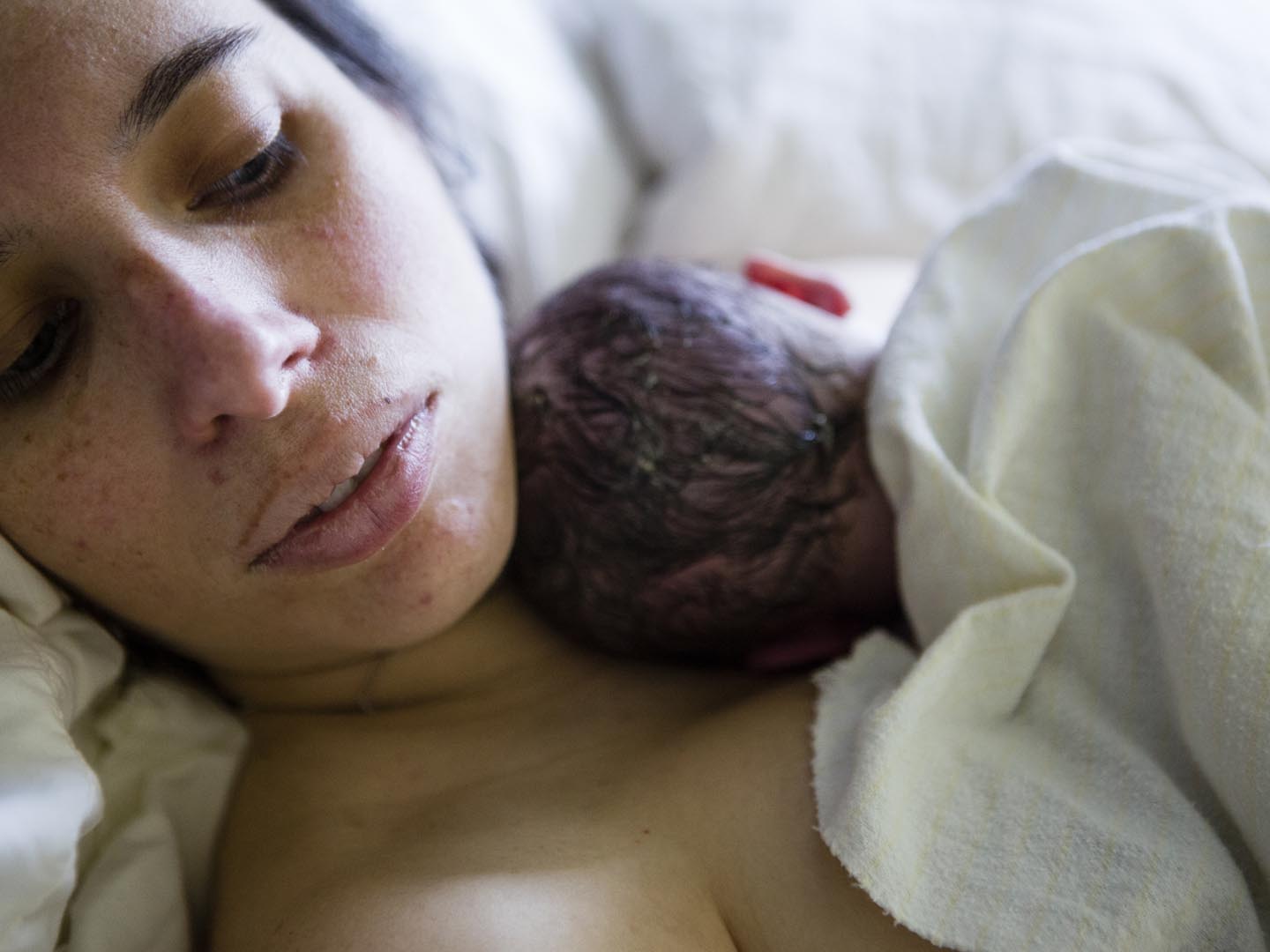Pregnancy and Fertility

What is pregnancy?
Pregnancy refers to the condition of being pregnant.
What are the causes?
Engaging in sexual intercourse, or completing fertilization procedures to place a fertilized egg in the uterus, may result in pregnancy.
Each month, in one of a woman’s two ovaries, a group of immature eggs begins to grow and become follicles. Typically, one of the follicles matures and suppresses the development of all of the other follicles, which then stop developing. The mature follicle opens and lets go of the egg from the ovary, in a process known as ovulation. Ovulation usually occurs about two weeks before a woman’s next menstrual period starts. Following ovulation, the follicle changes into the corpus luteum, which emits progesterone and estrogen. The progesterone aids the uterus in preparing for pregnancy by thickening the endometrium, the wall where the egg will attach if it is fertilized. After the egg is released from the ovary, it travels into the fallopian tube where it remains for about 24 hours and where it may or may not be penetrated by a sperm and fertilized.
Who is likely to get pregnant?
Most physicians calculate the beginning of pregnancy from the first day of your last menstrual period. This is approximately two weeks ahead of when conception actually takes place. Engaging in sexual intercourse near the time of ovulation, about 14 days before your next period is due, will increase the likelihood of getting pregnant.
Women are born with all the eggs they will ever produce already in their ovaries. These eggs thus age as the woman ages, and are subject to her environmental exposures throughout life. Because of this, fertility decrease with age, and starts to decrease more quickly after age 35. Research suggests that women age 35 and older may have more difficulty getting pregnant, and have increased risks of problems with the baby developing properly. According to statistics from the American Society for Reproductive Medicine, about one-third of women greater than 35 have difficulty with fertility. If you are 35 or older and you have not been able to conceive after six months of attempting, consult your doctor. Many fertility issues can be successfully treated.
What are the symptoms of pregnancy?
- A missed period.
- Frequent urination.
- Tiredness/feeling of exhaustion
- Nausea (sometimes accompanied by vomiting) typically known as “morning sickness,” this feeling can occur at any time during the day or night.
- Tender, swollen breasts.
How is it diagnosed?
At-home pregnancy tests are a very effective way to determine if you are pregnant, and are about 99% reliable when done correctly. (Blood tests can also be performed to determine if you are pregnant, but this is done much less often, since it is more costly and urine tests can be done more easily.
At-home pregnancy tests require you to place a drop of urine on a chemical strip or place the strip in the urine stream. The strip detects a pregnancy hormone called human chorionic gonadotropin (hCG), which is secreted into the body during pregnancy. hCG levels generally become detectable in urine about 10 days following conception. If you take a urine pregnancy test prior to this, the at-home tests may give a false negative, meaning it will show you are not pregnant when in reality, you are.
What therapies does Dr. Weil recommend to become pregnant?
Fertility can be affected by a variety of factors, including age (in women, fertility begins to decline in the late 20s, in men after age 35), irregular ovulation, scarring in the reproductive organs of women (from conditions such as pelvic inflammatory disease), and – in men – number, shape and movement of sperm. To improve the odds of conception, try these natural fertility boosters:
- Safety first. Avoid exposure to pesticides, paints, solvents and other products with potentially harmful chemicals that can impair fertility.
- Time intercourse with ovulation. This can be done by keeping close track of when periods are due, or using a thermometer every morning toward the middle of your cycle, as ovulation will trigger a slight rise in temperature.
- Eat a balanced diet and supplement wisely. Vitamins and minerals including vitamins C, E, B12, folic acid, selenium, zinc and the carotenoid lycopene in the right amounts are all beneficial to men’s fertility. Women should take folic acid before trying to conceive, and during pregnancy, to lower the risk of certain birth defects.
- Acupuncture. Women who try in-vitro fertilization may also want to try acupuncture, which may improve the blood supply to reproductive organs and decrease stress. Acupuncture may also positively influence sperm quality and count in men.
- Traditional Chinese Medicine (TCM) has a good track record in helping fertility. TCM views infertility as a problem of energy flows, and uses acupuncture, herbs and other techniques as treatment.
How is pregnancy prevented?
Abstaining from sexual intercourse is 100% reliable in preventing pregnancy. Other forms of contraception include the rhythm method, hormonal contraception, oral contraceptives, emergency contraception pills, intrauterine devices, barrier methods, spermicides, and permanent contraception.














